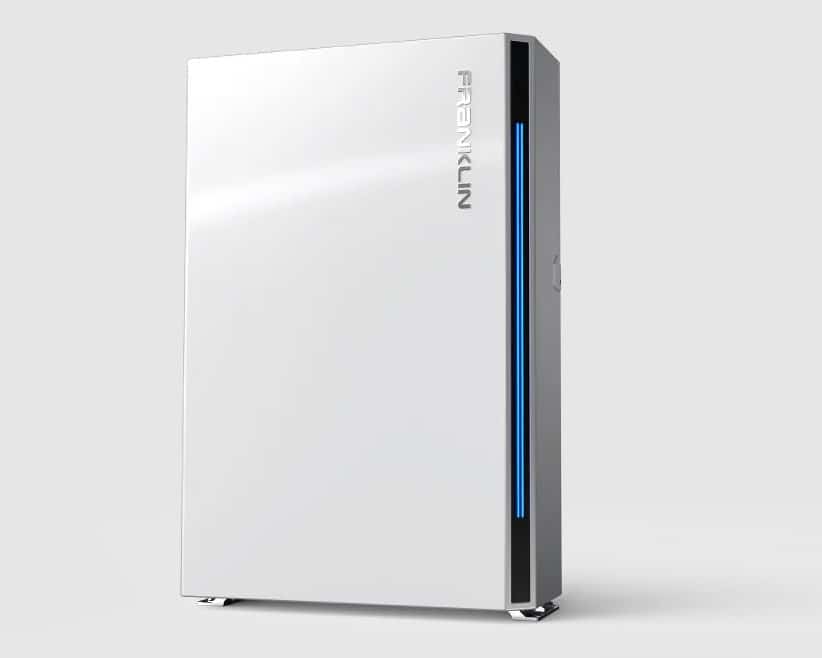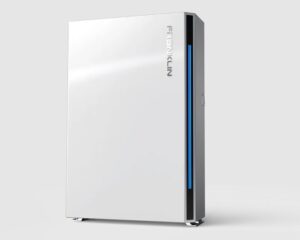What Is PowerPair?
PowerPair is Duke Energy’s rebate program for customers in North Carolina who install a new residential solar system paired with battery storage. It offers up to $9,000 in upfront incentives—$0.36/W for solar (max $3,600) and $400/kWh for battery (max $5,400). PowerPair is an outstanding pathway for anyone who has contemplated the move to solar power for their home!
Program Structure & Cohorts
PowerPair divides participants into two equally sized Cohorts (A & B), each capped at 30 MW of installed solar capacity (~60,000 kW total). There are two Cohorts for both Duke Progress and Duke Carolinas customers.
- Residential Solar Choice, Cohort A (no battery control): participants retain full control over their storage system and receive only the one-time upfront $9,000 incentive.
- Net Metering Bridge Rate, Cohort B (with battery control): participants enroll in Duke’s Battery Control (called Power Manager or EnergyWise Home) program. This allows Duke to remotely dispatch the battery up to 36 control events per year with notice from Duke Energy. *Cohort B is now filled for Duke Progress customers only – it is still available to Duke Carolinas customers*
- Duke will utilize the stored power from your battery down to 20% capacity during these events.
- There will be up to 18 events in winter, up to 9 in summer; customers may opt out of up to 4 events annually.
- Cohort B PowerPair participants receive the upfront $9,000 incentive plus a monthly bill credit of approximately $6.50/kW-continuous discharge (~$624‑$1,092/year)
Current Enrollment Status
- Initial application window ran May 10–June 7, 2024 on a lottery system. After that, enrollment continued on a first‑come, first‑served basis that will continue until each Cohort’s capacity (30 MW) is reached
- As of August 2025, the program has reached capacity for one of the four ‘cohorts’:
Net Metering Bridge Rate, Cohort B, for Duke Progress customers is now at capacity.
(The three other Cohorts are still open and available to new solar customers.)
Key Details & Deadlines:
- Once the PowerPair application has been submitted and approved, applicants have 270 days to install their qualifying solar + battery system and meet interconnection/operational deadlines to receive their incentive check, which typically arrives 45–60 days post-activation.
- The program requires installation by a certified Duke Energy Trade Ally, compliance with technical standards (e.g. export limit of 20 kW AC, internet connectivity, eligible battery models), and only applies to new systems (not upgrades).
- Sundance Power Systems is one of four approved Trade Allies in Western North Carolina for this program. Your new solar system MUST be installed by an approved Trade Ally to receive the PowerPair incentives.
- PowerPair is still available in North Carolina as of September 2025, with one cohort already reaching full capacity: Cohort B for Duke Progress customers.
- Incentives remain highly compelling: up to $9,000 upfront, plus possible $600–$1,100/year in battery control credits if enrolled in Cohort B, which is still available for Duke Carolinas customers.
- Capacity is limited and quickly filling up. If you’re considering installing solar + battery storage, take action now. Contact Sundance Power Systems today to check enrollment status, discuss eligibility, and reserve incentives before the program expires.
The Time is NOW for PowerPair!
PowerPair offers one of the most attractive residential solar + storage incentive packages available—pairing immediate cash benefits with ongoing revenue through battery control. At this stage, the clock is ticking, so do not delay. Click here to get started on your new solar system with battery storage and earn great incentives through the PowerPair program! As demand for sustainable energy solutions grows, it’s essential to stay informed about the latest opportunities. Be sure to check the powerpair incentives availability update regularly, as these incentives may change based on funding and policy adjustments. Taking advantage of these incentives now can lead to significant savings and a more sustainable future for your home.
















